Sundar Pichai could be on the ropes at Google – and it’s not hard to see why
Sundar Pichai has dealt with botched product launches and AI controversy in the last year – and the tech giant shows no signs of catching Microsoft any time soon
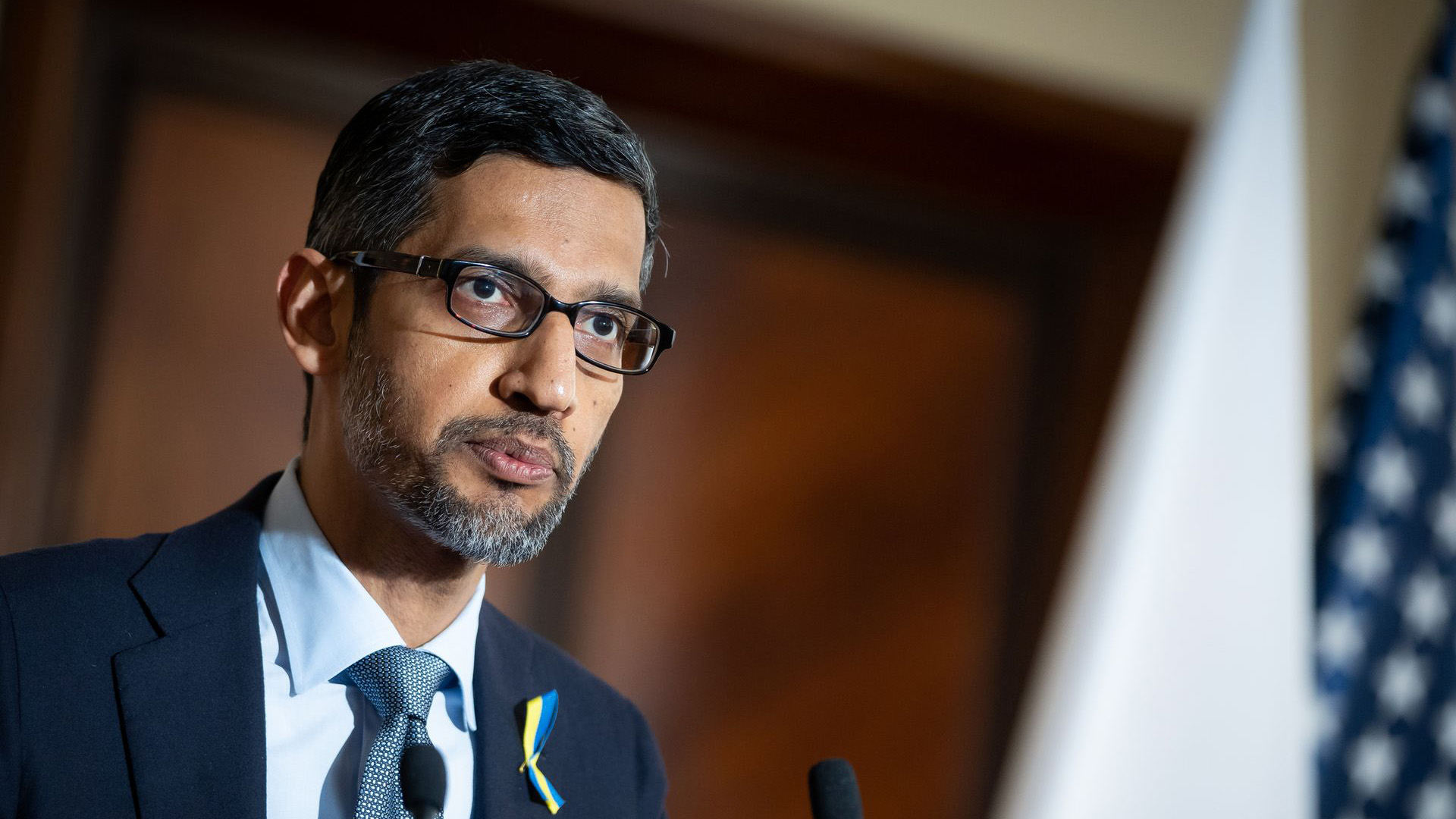

Sundar Pichai could be facing questions over his leadership at Google if speculation over the last week is anything to go by, and it’s becoming increasingly clear that the embattled chief executive has a tough task ahead in 2024.
The source of the trouble at present lies in the controversy surrounding Gemini, Google’s flagship AI model, which has been criticized for generating images that don’t align with inputs and leapt upon by certain political commentators to stoke divisive conversation. Social media discourse surrounding Gemini prompted Google to pause the image generation feature and issue an update, which in turn sent stocks at the tech giant tumbling.

Google parent Alphabet lost around $90 billion in market value at the tail end of February off the back of this scandal, which Pichai described as “completely unacceptable”.
Writing in the wake of the incident, analyst Ben Thompson suggests that Google is in dire need of a restructuring that mean removing key figures at the tech giant “up to and including CEO Sundar Pichai”.
What the situation points to is a consistent pattern of gaffs and slip-ups at Google with its generative AI ambitions. Google, which Pichai famously boasted was an ‘AI-first’ company in 2017, was utterly broadsided by Microsoft in late 2022 with the launch of ChatGPT.
The popularity of the generative AI tool and surging enterprise interest prompted Pichai to issue a ‘code red’ alert at Google that saw teams and resources redirected to focus on ramping up AI development.
This alone points to a degree of complacency at the company, but after several months of rapid development, it appeared to be on course to meet the challenge posed by Microsoft. Bard, its own conversational generative AI tool, was promised as a silver bullet. It’s proved to be anything but.
Get the ITPro daily newsletter
Sign up today and you will receive a free copy of our Future Focus 2025 report - the leading guidance on AI, cybersecurity and other IT challenges as per 700+ senior executives
The launch event for the chatbot saw it generate factually incorrect information in response to a user query. Hardly the ideal start for a product Google hoped would be a leading contender to ChatGPT. In the rush to catch Microsoft, Google stumbled at the first hurdle, suggesting that its ‘code red’ moves had perhaps been too hasty. In fairness to Pichai, it’s not an enviable position to find oneself in – caught between scrambling to catch a competitor while considering the disastrous pitfalls of botching a product launch.
RELATED WHITEPAPER
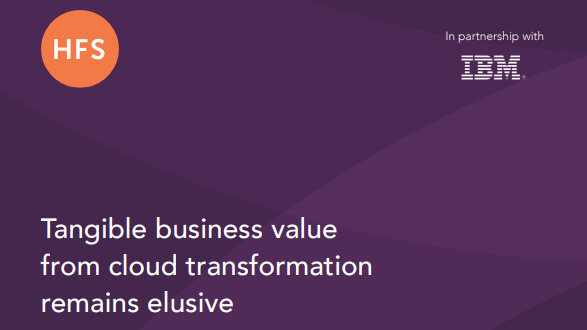
Bard as a product is now no more, having been brought under the Gemini branding in what was clearly an attempt at a fresh slate for Google in January. Analysts hailed the move as a positive step to creating a more consistent brand appeal for Google’s flagship AI portfolio, but once again it showed the firm was forced back to the drawing board in a bid to contend with Microsoft.
All the while, Microsoft has been reaping the rewards of its AI strategy and grabbing headlines. The numbers don’t lie, and the reality is that Microsoft might be out of reach for Google at this stage. In January, the tech giant leapfrogged Apple as the world’s most valuable company, and much of this was due to its recent successes in cloud computing and generative AI.
All told, investor appetite saw Microsoft shares surge by 57% across 2023, and its most recent earnings report showed strong growth in its Intelligent Cloud unit. It’s not too late for Pichai, though. At least if his performance as chief executive at the tech giant so far is anything to go on.
Since joining, Pichai has overseen a period of exceptional growth at Google in which the company has redefined itself repeatedly. Between 2015 and 2023, for example, sales at the firm surged from $75 billion to more than $307 billion.
Profits have also skyrocketed from around $16 billion to $75 billion across that period and the company’s market value has grown to $1.7 trillion. How Google positions itself in the coming months when it comes to generative AI, however, will be critical. Its flagship model Gemini does offer a glimmer of hope here, both in terms of performance capabilities and its differences to other industry offerings.
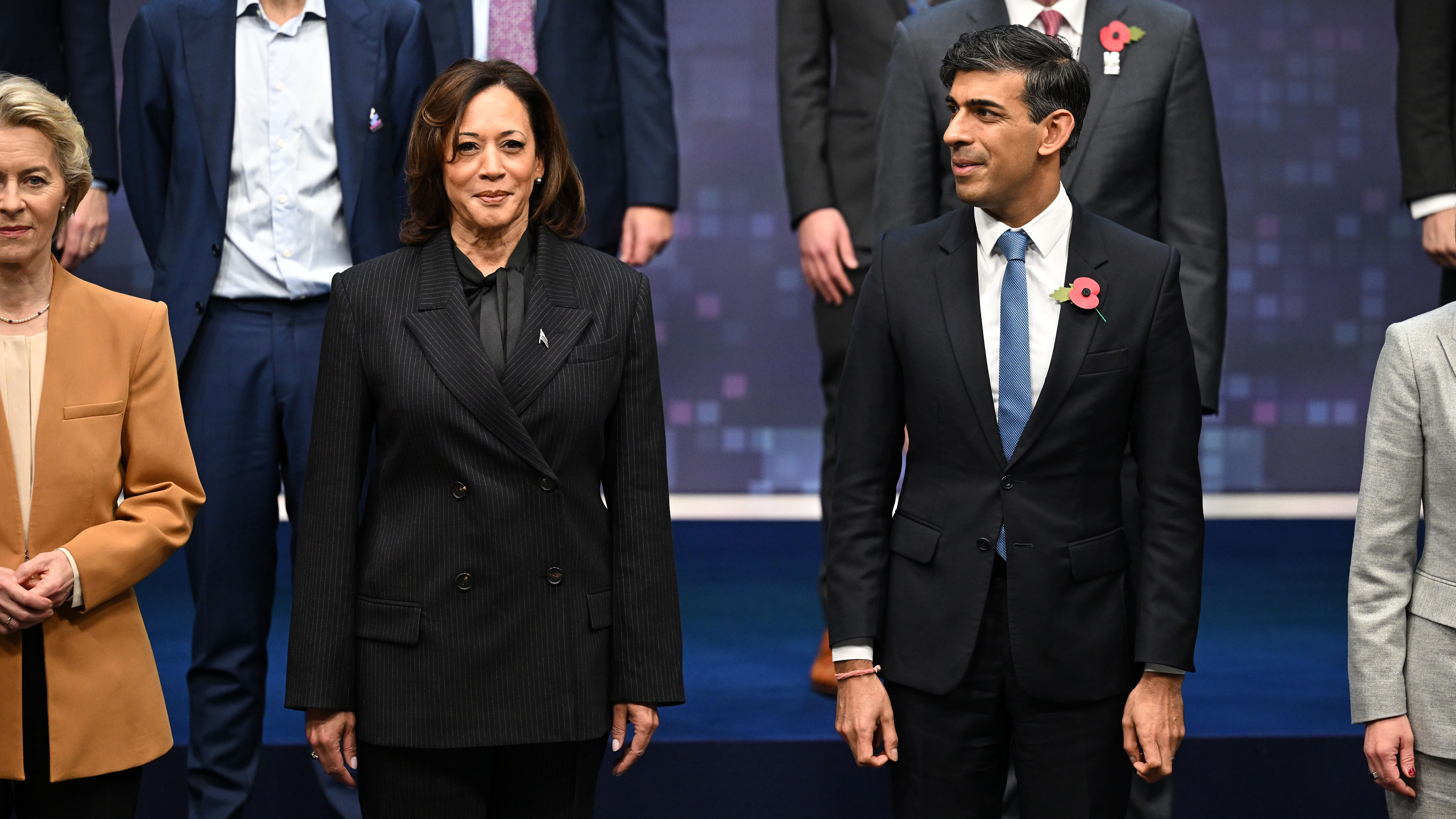
Last month, analysts told ITPro that the multimodality of the Gemini models is a key differentiator for Google and could herald the beginning of a more cohesive charge into the AI space and allow it to truly tackle Microsoft.
If Google is to continue with Pichai at the helm, it’s evident that the company needs to balance a fine line between market aggression and a concise vision. The company can ill-afford further slip-ups and controversy given it’s already been playing with one hand tied over the last 12 months.

Ross Kelly is ITPro's News & Analysis Editor, responsible for leading the brand's news output and in-depth reporting on the latest stories from across the business technology landscape. Ross was previously a Staff Writer, during which time he developed a keen interest in cyber security, business leadership, and emerging technologies.
He graduated from Edinburgh Napier University in 2016 with a BA (Hons) in Journalism, and joined ITPro in 2022 after four years working in technology conference research.
For news pitches, you can contact Ross at ross.kelly@futurenet.com, or on Twitter and LinkedIn.
-
 Bigger salaries, more burnout: Is the CISO role in crisis?
Bigger salaries, more burnout: Is the CISO role in crisis?In-depth CISOs are more stressed than ever before – but why is this and what can be done?
By Kate O'Flaherty Published
-
 Cheap cyber crime kits can be bought on the dark web for less than $25
Cheap cyber crime kits can be bought on the dark web for less than $25News Research from NordVPN shows phishing kits are now widely available on the dark web and via messaging apps like Telegram, and are often selling for less than $25.
By Emma Woollacott Published
-
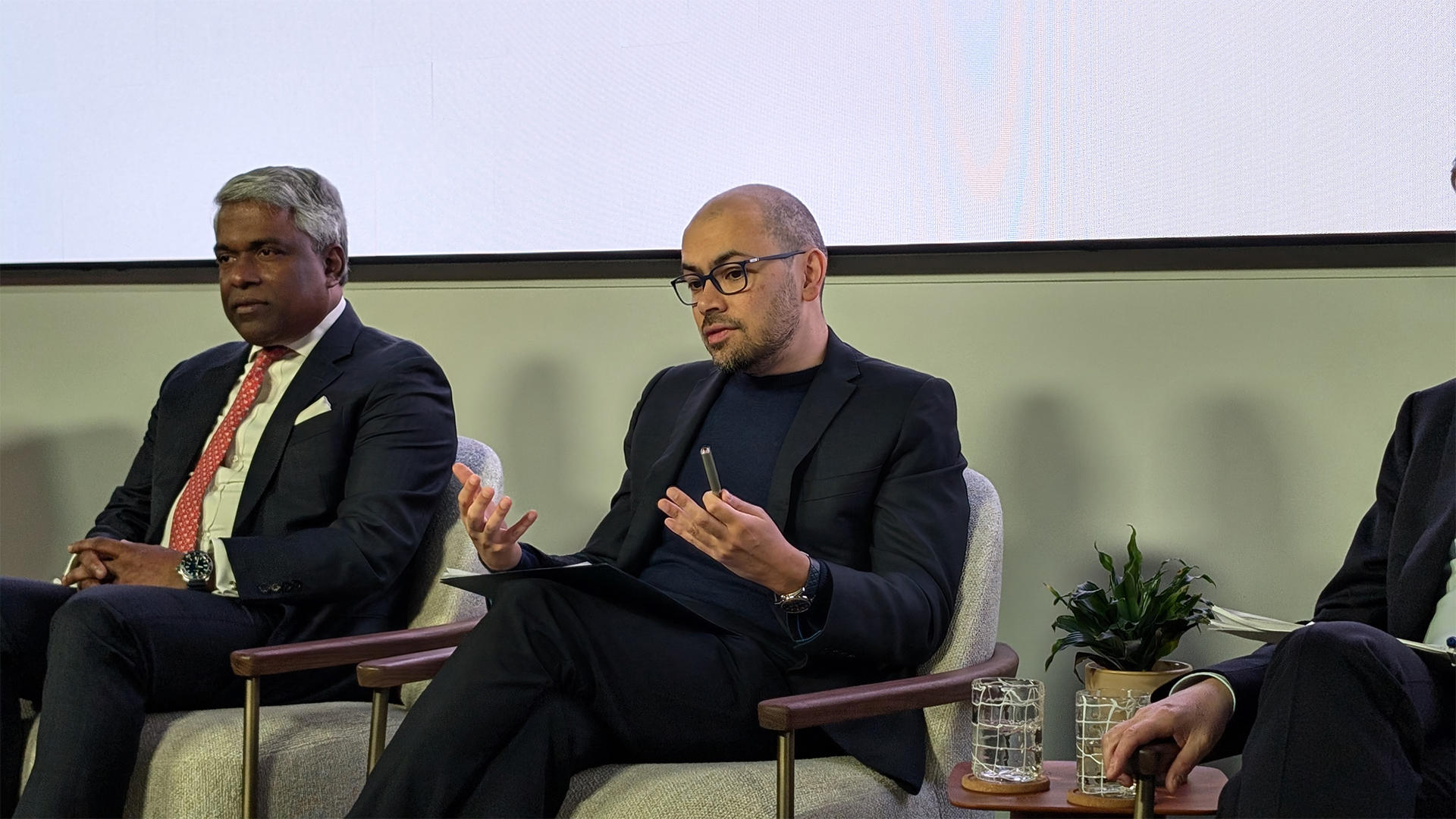 Google DeepMind’s Demis Hassabis says AI isn’t a ‘silver bullet’ – but within five to ten years its benefits will be undeniable
Google DeepMind’s Demis Hassabis says AI isn’t a ‘silver bullet’ – but within five to ten years its benefits will be undeniableNews Demis Hassabis, CEO at Google DeepMind and one of the UK’s most prominent voices on AI, says AI will bring exciting developments in the coming year.
By Rory Bathgate Published
-
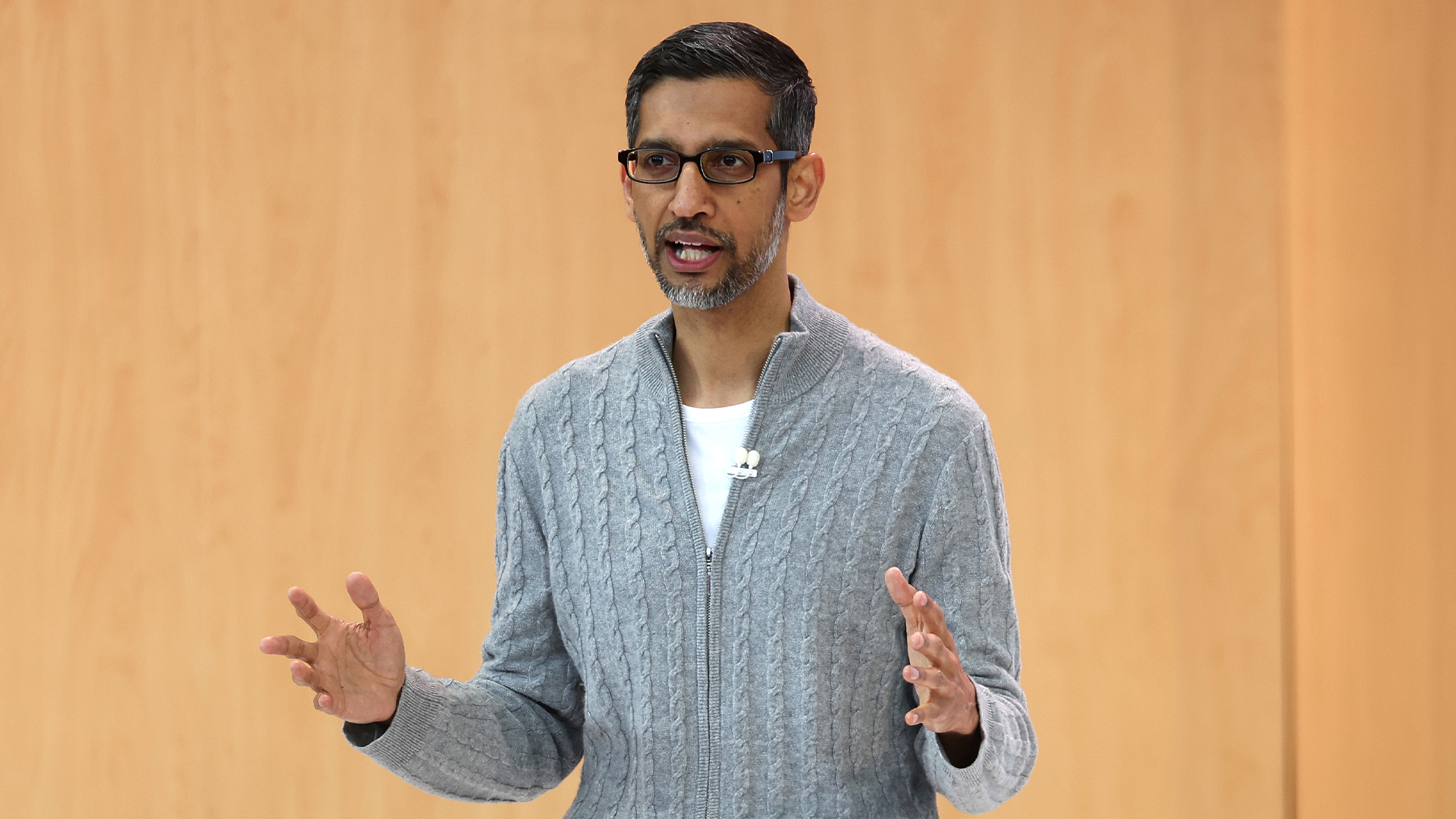 Google CEO Sundar Pichai says DeepSeek has done ‘good work’ showcasing AI model efficiency — and Gemini is going the same way too
Google CEO Sundar Pichai says DeepSeek has done ‘good work’ showcasing AI model efficiency — and Gemini is going the same way tooNews Google CEO Sundar Pichai hailed the DeepSeek model release as a step in the right direction for AI efficiency and accessibility.
By Nicole Kobie Published
-
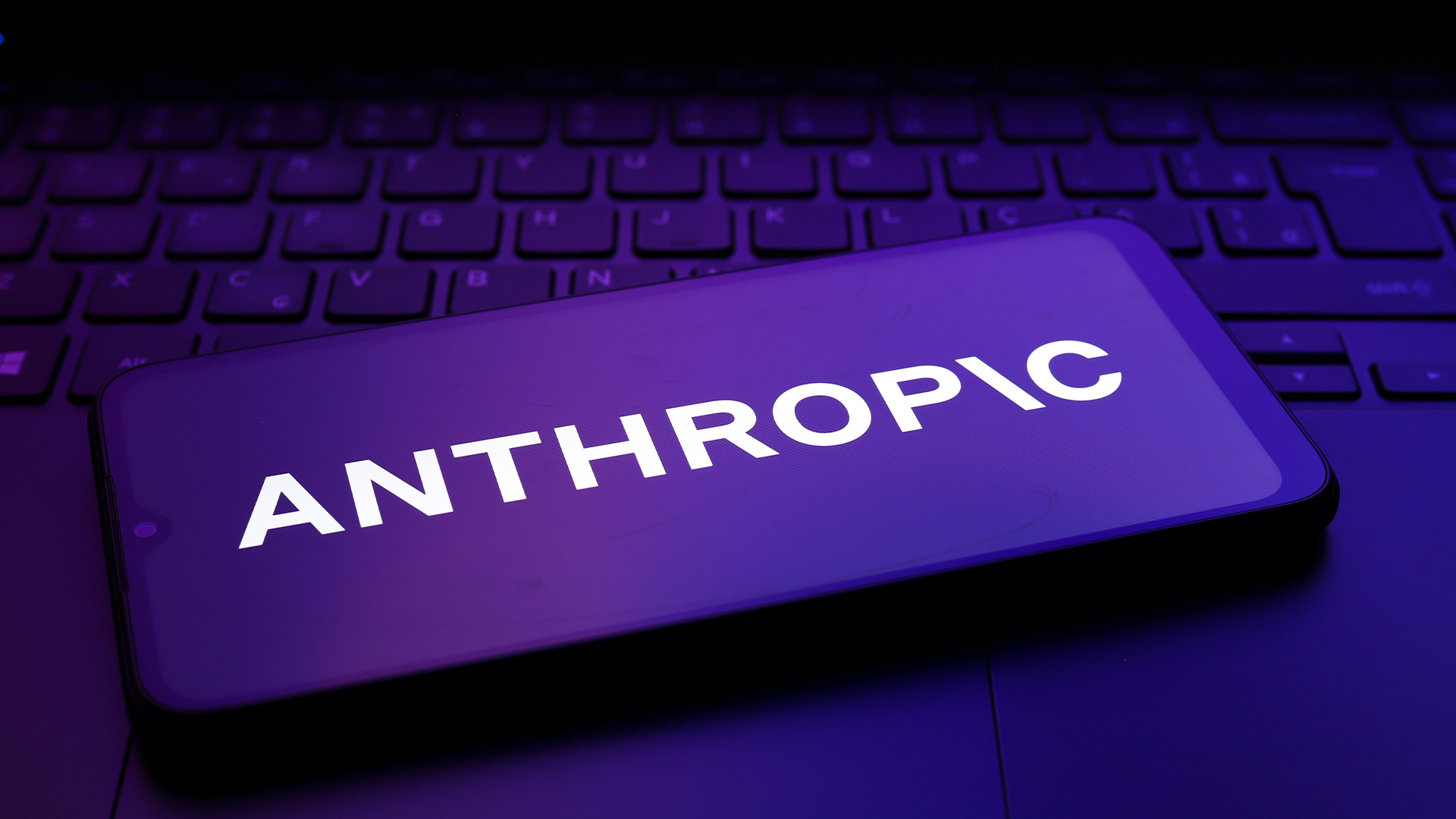 Google will invest a further $1 billion in AI startup Anthropic
Google will invest a further $1 billion in AI startup AnthropicNews This is the latest in a flurry of big tech investments for the AI startup
By George Fitzmaurice Published
-
 2024 was the year where AI finally started returning on investment
2024 was the year where AI finally started returning on investmentOpinion It's taken a while, but enterprises are finally beginning to see the benefits of AI
By Ross Kelly Last updated
-
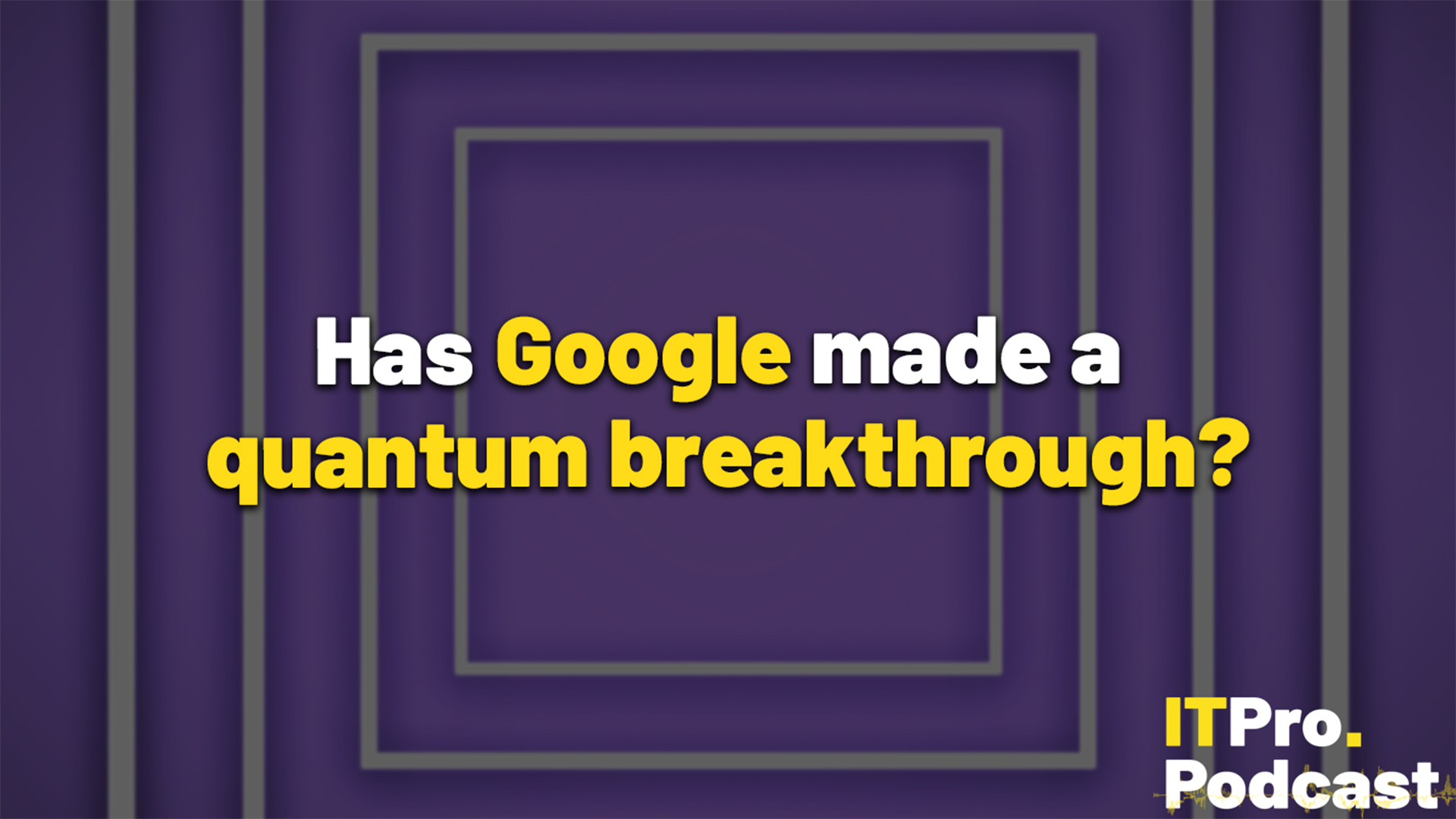 Has Google made a quantum breakthrough?
Has Google made a quantum breakthrough?ITPro Podcast The Willow chip is reported to run laps around even the fastest supercomputers – but the context for these benchmarks reveals only longer-term benefits
By Rory Bathgate Published
-
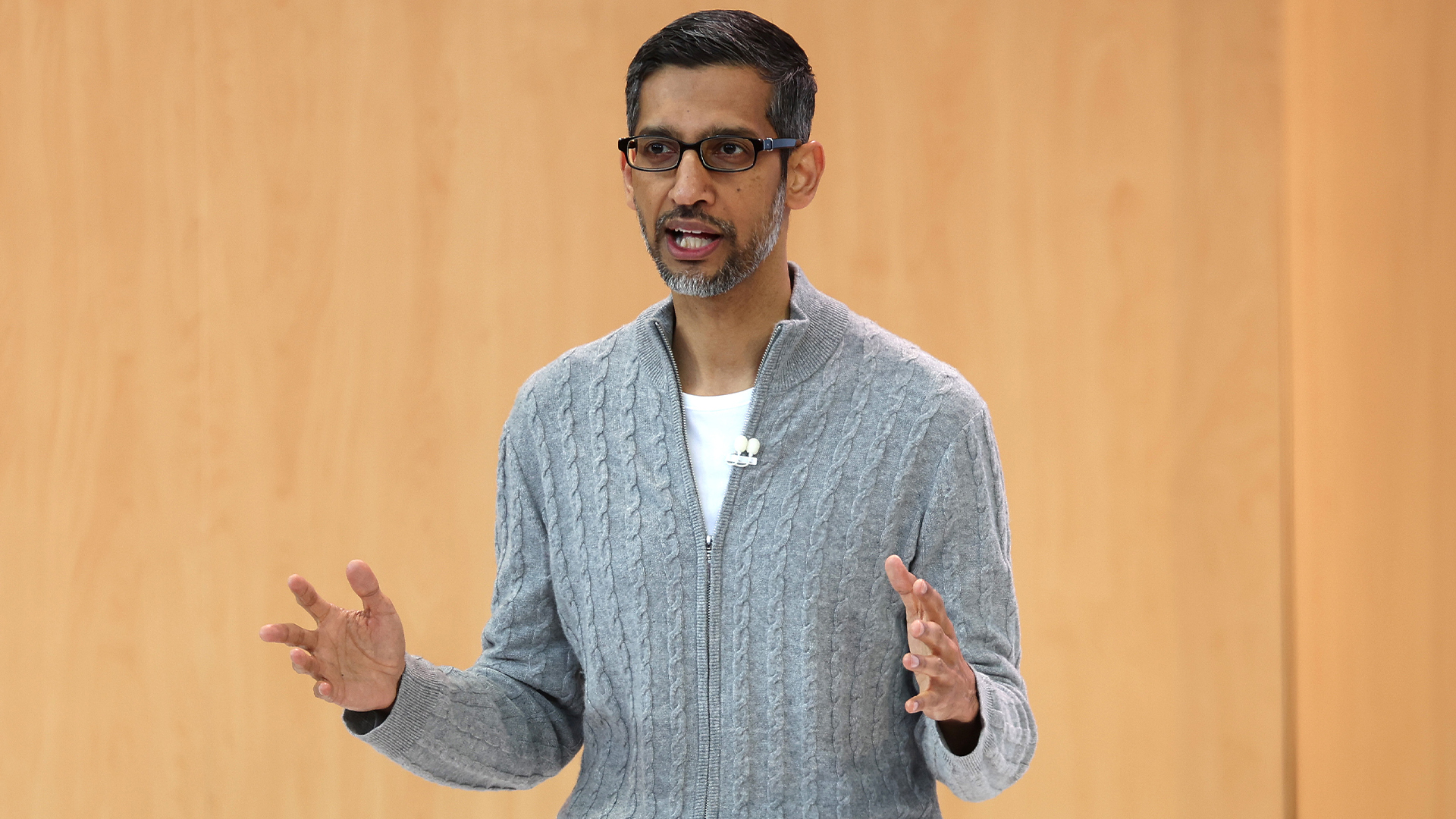 Google jumps on the agentic AI bandwagon
Google jumps on the agentic AI bandwagonNews Agentic AI is all the rage, and Google wants to get involved
By Nicole Kobie Published
-
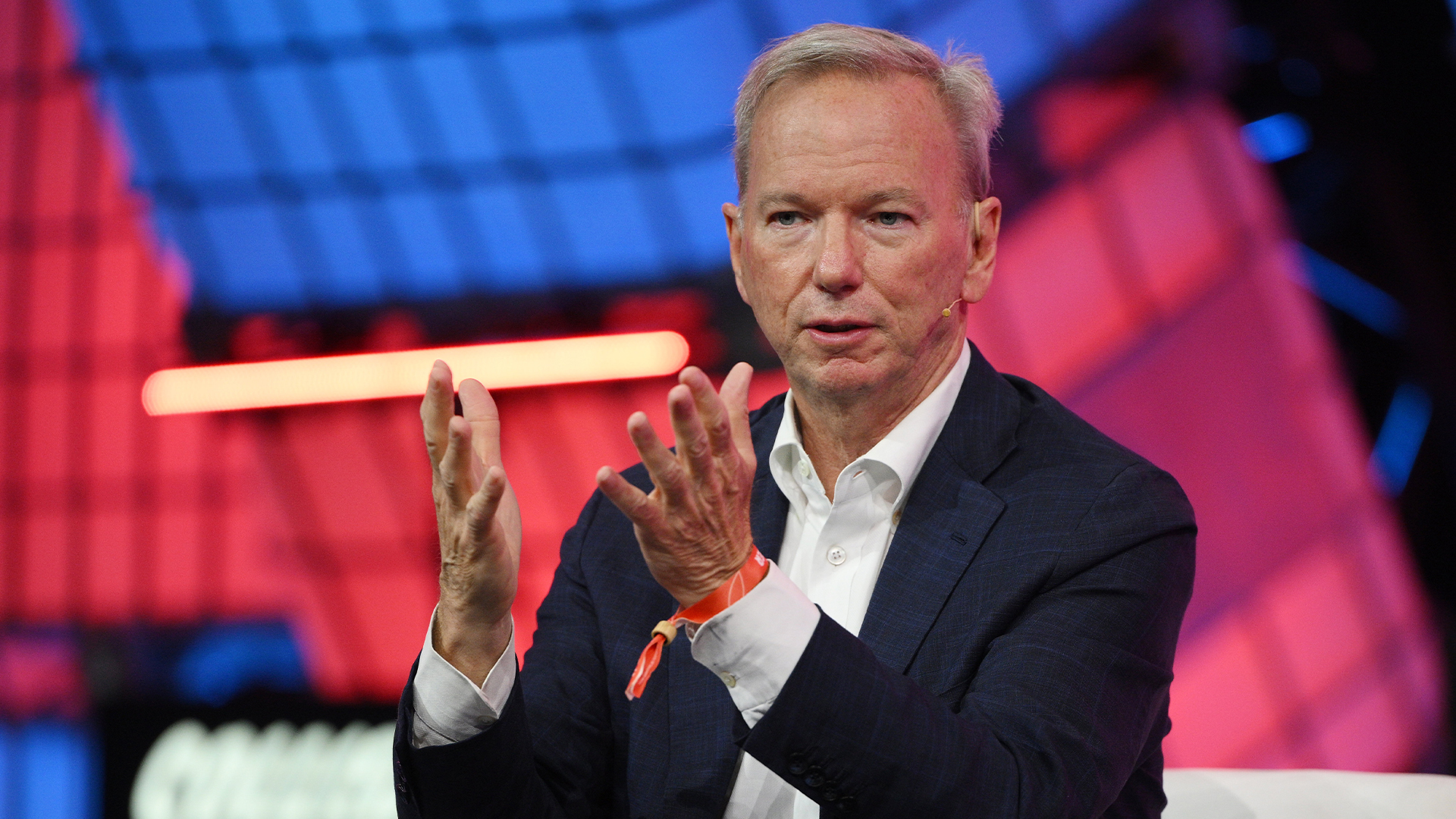 Former Google CEO Eric Schmidt rejects claims Al scaling has peaked
Former Google CEO Eric Schmidt rejects claims Al scaling has peakedNews AI doesn't has a scaling problem, despite reports to the contrary
By Nicole Kobie Published
-
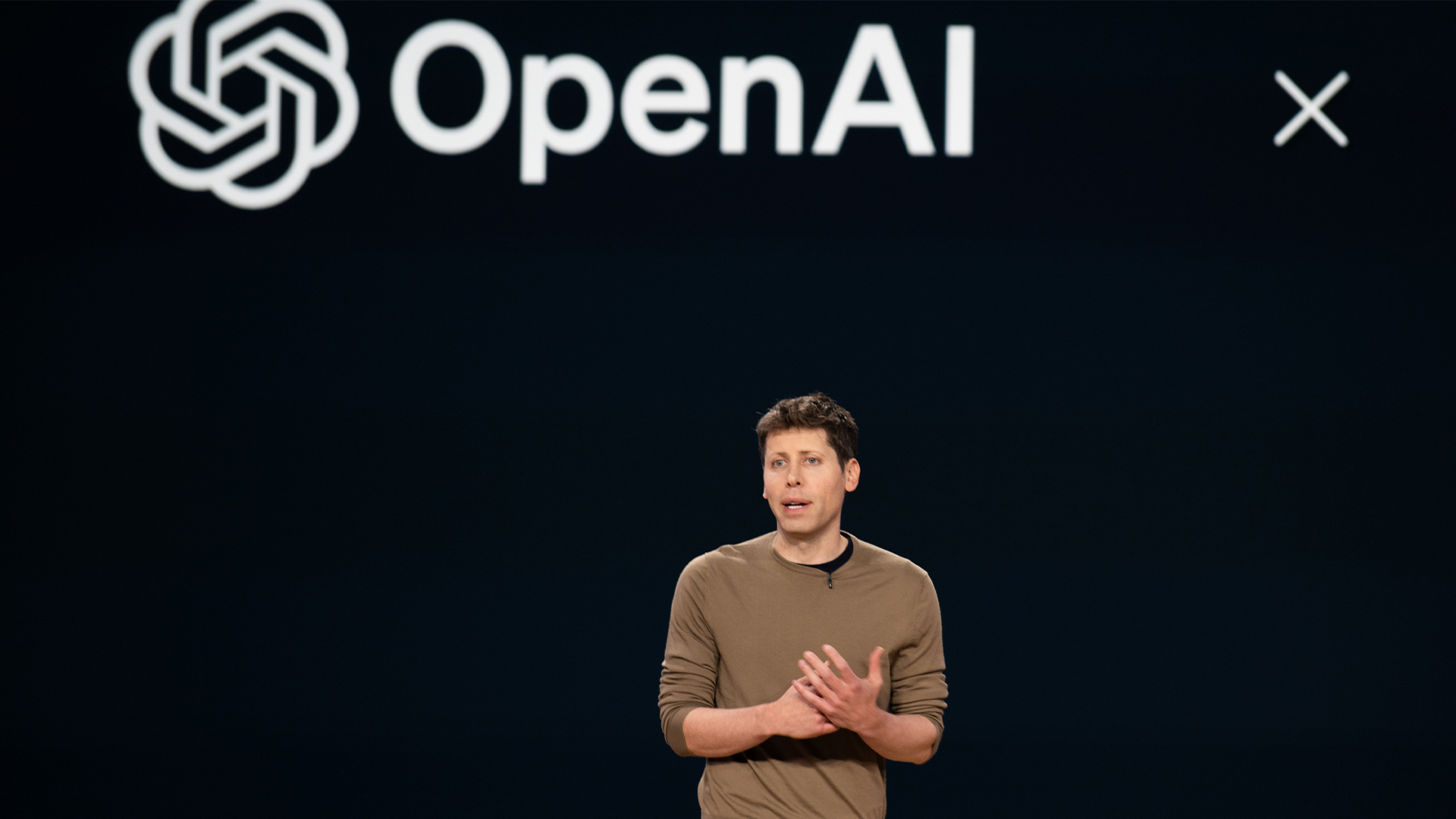 OpenAI could be plotting a foray into the world of AI agents – here’s what we know so far
OpenAI could be plotting a foray into the world of AI agents – here’s what we know so farNews The launch date for OpenAI’s "Operator" agent is believed to have been revealed at a staff meeting
By Nicole Kobie Published